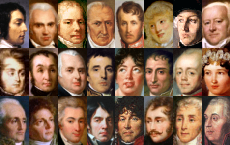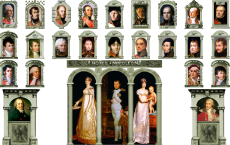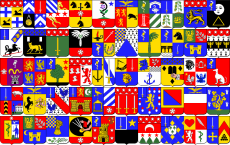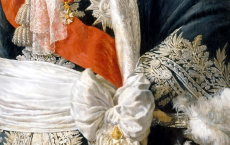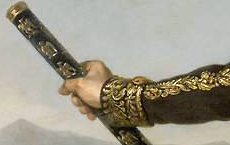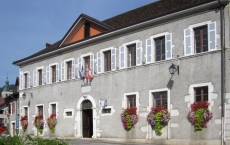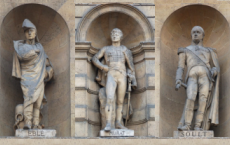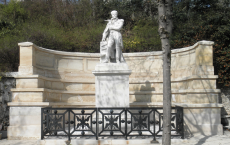Personalities of the Napoleonic era
The Giant's Causeway
There has never been a soldier more brilliant than Joachim Murat, more courageous than Michel Ney, more loyal than Louis-Nicolas Davout. No one has ever met a more cunning diplomat than Talleyrand, a more cautious policeman than Fouché, or a more meticulous jailer than Hudson Lowe. France never had an enemy more rigorous than Blücher, more methodical than Wellington, more devious than Alexander I.
If the figure of Napoleon naturally dominates his era, it is not as an isolated peak in a flat plain, but rather as the most majestic summit of a grandiose, storm-festooned chain.
Men of war, of course, are the most numerous to have inscribed their names in the collective memory. During these tumultuous years, almost every state in Europe saw extraordinary soldiers rise up to defend it. In France, of course, but also in Germany, Russia, Austria and England, many of the most glorious careers in military history were built during these epic times. In Spain, one might even say, it was the entire people who invented a new way of fighting, bringing to the forefront a few guerrilla leaders whose legacy, a lesson in courage and hope for oppressed nations, traveled the world in the following centuries.
But civil society was not left out. Literature, the arts, sciences, and medicine all experienced glorious blossomings during this period, inscribing the names of their most brilliant representatives in the golden book of human history. Berthollet, Chateaubriand, David, Ingres, Lagrange, Laplace, Madame de Staël, and Volta, to name but a few subjects of the Empire, illustrated it with the most enduring brilliance, sometimes against their will. But abroad, and in the most diverse registers, it was also the era of such giants as Jane Austen, Beethoven, Gauss, Goethe, Goya, Thomas Jefferson, Metternich, Paganini, and, let's face it, Pitt the Younger.
Once in power, and to the extent that he could, Napoleon attempted to highlight these superiorities by making them the source of all dignities, by creating a nobility in which all had their place. Modestly and progressively, it is the same goal that we will pursue in these pages: to honor those who so deserved it, including a few more modestly forgotten figures, and without hiding the merits of the formidable enemies who then stood up to France, its ideals, and its leader.
